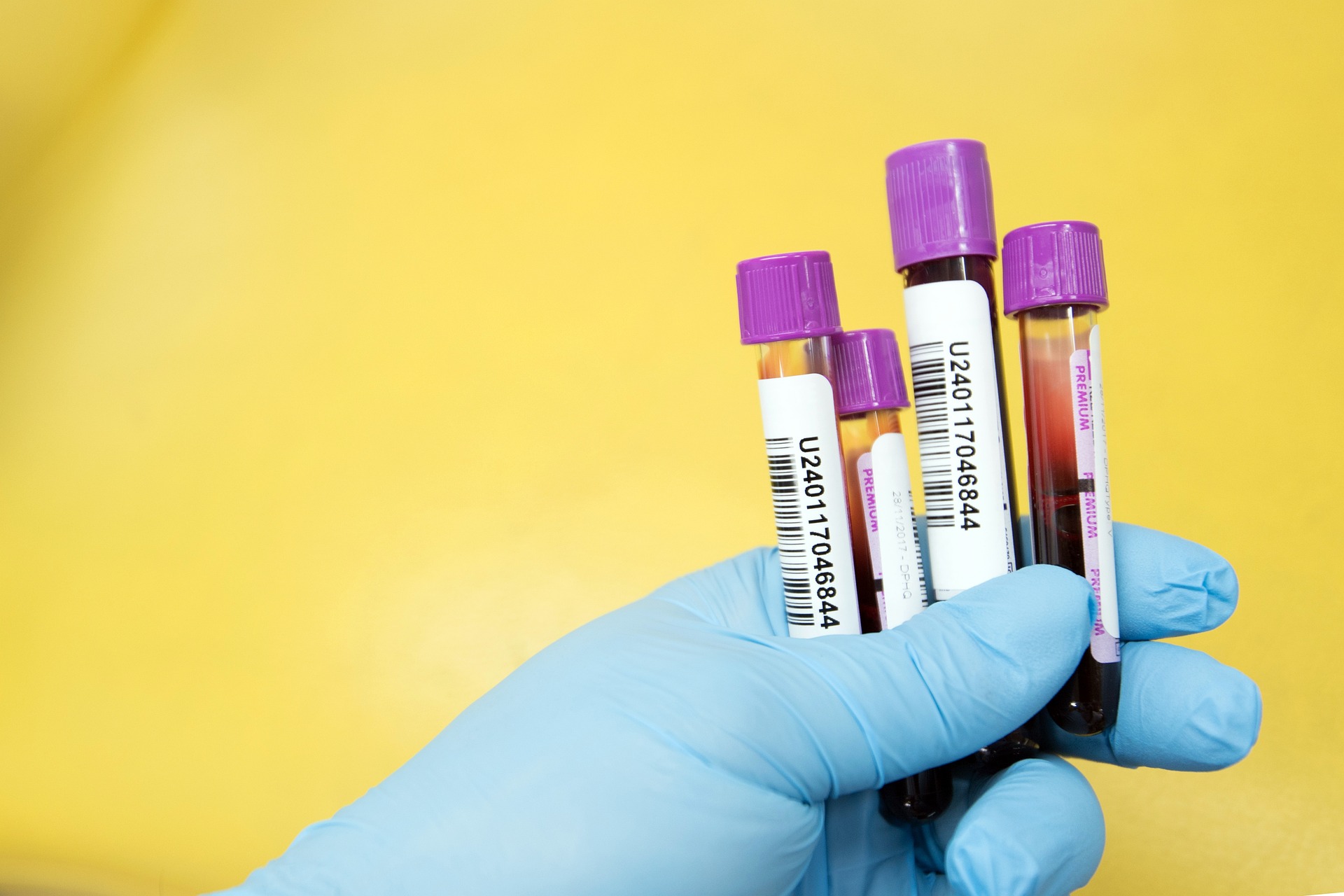In the pursuit of health and happiness is a common goal, one area that often gets overlooked is the connection between nutrition and fertility. We live in an era where infertility is on the rise, and while many factors contribute to this issue, the role of nutrition cannot be underestimated. In this comprehensive article, we will delve into the intricate relationship between what we eat and our ability to conceive.
The Foundations of Fertility
Before we explore the intricate details of how nutrition influences fertility, let’s first establish a solid foundation. Fertility, in essence, is the ability of an individual or a couple to conceive a child. It depends on various factors, such as the health of the reproductive organs, hormonal balance, and overall well-being.
The Nutritional Connection
When it comes to fertility, nutrition plays a pivotal role. Your body requires essential nutrients to function optimally, and this includes the reproductive system. Here’s how nutrition is interconnected with fertility:
-
Maintaining Hormonal Balance
Hormones play a critical role in regulating the menstrual cycle and ovulation. A balanced diet that provides essential nutrients like vitamins, minerals, and healthy fats is vital for hormone production and balance.
-
Supporting Reproductive Organs
The reproductive organs, including the ovaries and testes, need specific nutrients to function efficiently. For example, folate, a B-vitamin, is crucial for healthy sperm and egg development.
-
Reducing Inflammation
Chronic inflammation in the body can disrupt the delicate balance required for fertility. A diet rich in anti-inflammatory foods, such as fruits, vegetables, and omega-3 fatty acids, can help reduce inflammation and support fertility.
-
Maintaining a Healthy Weight
Obesity and being underweight can both negatively impact fertility. A well-balanced diet can help individuals achieve and maintain a healthy weight, which is essential for optimal fertility.
Key Nutrients for Fertility
Now that we understand the role of nutrition in fertility let’s delve deeper into the specific nutrients that can make a difference:
-
Folate
Folate, also known as folic acid, is crucial for both men and women looking to conceive. It is essential for healthy cell division and can prevent neural tube defects in the developing fetus.
-
Zinc
Zinc is essential for sperm production and the overall health of the male reproductive system. It is also important for women as it supports egg development.
-
Omega-3 Fatty Acids
These healthy fats have anti-inflammatory properties and are known to enhance egg quality, regulate the menstrual cycle, and improve overall fertility.
-
Antioxidants
Antioxidants like vitamins C and E can help protect reproductive cells from damage caused by free radicals. They are essential for both male and female fertility.
The Role of Diet
To optimize fertility, it’s not just about individual nutrients; it’s also about the overall diet. The following dietary approaches can greatly influence your reproductive health:
-
Mediterranean Diet
This diet, rich in fruits, vegetables, whole grains, and healthy fats, has been associated with improved fertility in both men and women. It’s known for its anti-inflammatory properties and its ability to support hormonal balance.
-
Plant-Based Diet
A diet centered around plant-based foods can have a positive impact on fertility. It’s high in antioxidants, fiber, and nutrients while being low in saturated fats.
-
Hydration
Proper hydration is often overlooked but is crucial for cervical mucus production and the transport of sperm. Drinking enough water is vital for fertility.
Lifestyle Factors
In addition to nutrition, lifestyle factors also play a significant role in fertility. These include:
-
Stress Management
High-stress levels can disrupt hormonal balance and impact fertility. Practices like yoga, meditation, and relaxation techniques can be beneficial.
-
Exercise
Regular, moderate exercise can support a healthy weight and hormonal balance. However, excessive exercise can have a negative impact, so it’s essential to find a balance.
The role of nutrition in fertility is a complex and essential one. While it’s just one piece of the puzzle, it’s a piece that should not be underestimated. A balanced, nutrient-rich diet can contribute to hormonal balance, support the health of reproductive organs, and reduce inflammation, all of which are vital for optimal fertility. Additionally, lifestyle factors and overall well-being should not be overlooked when striving for the goal of conceiving a child. Remember that while there are many factors at play in fertility, nutrition is a powerful tool that you can use to improve your chances of success.
To achieve your fertility goals, it’s essential to make informed dietary choices, incorporate key nutrients, and maintain a healthy lifestyle. By doing so, you can take a significant step towards ensuring your body is in the best possible condition for conception.
Infertility and Preconception Care are some of the regenerative medicine treatments offered at Infusion Health. Our physicians will perform a comprehensive evaluation of your condition in order to determine which treatment might be best for you. They will explain your options so that you can make a decision you’re most comfortable with.
If you have any questions or would like to schedule a consultation, call our friendly staff today at (520) 396-4866 or fill out our online request form. We look forward to being your healthcare partner.


